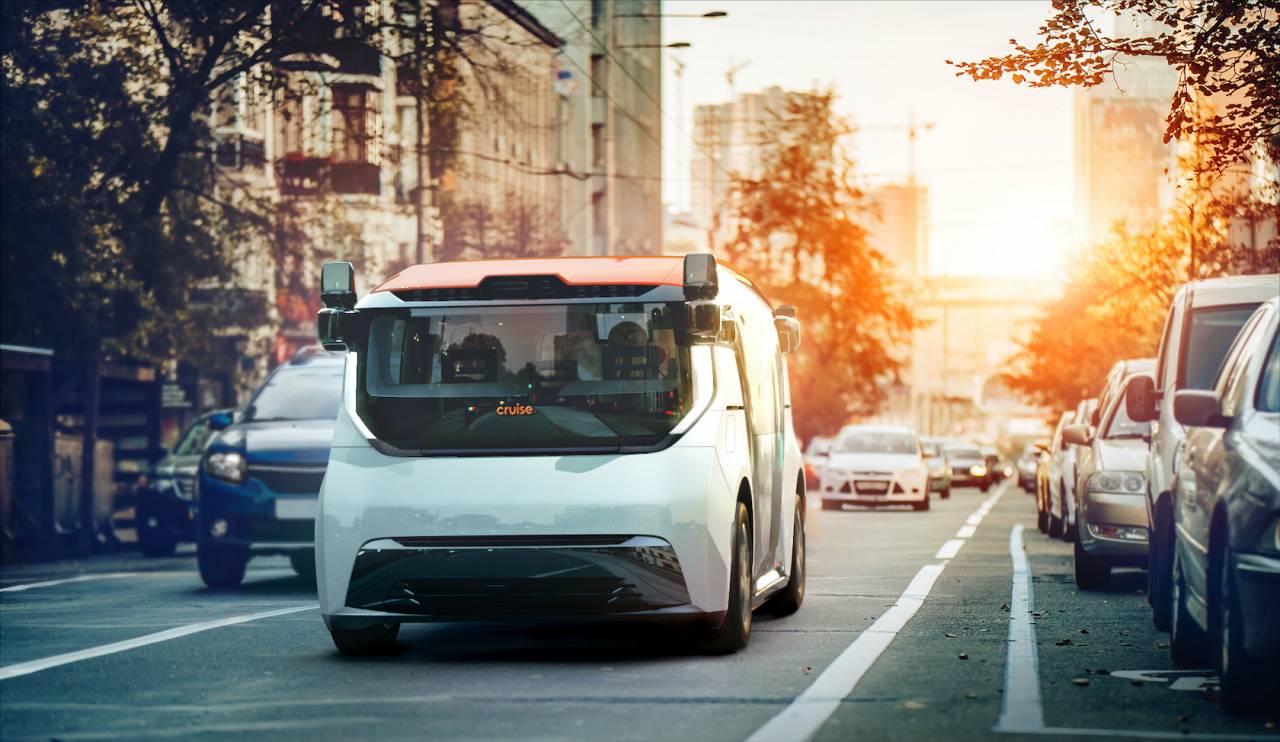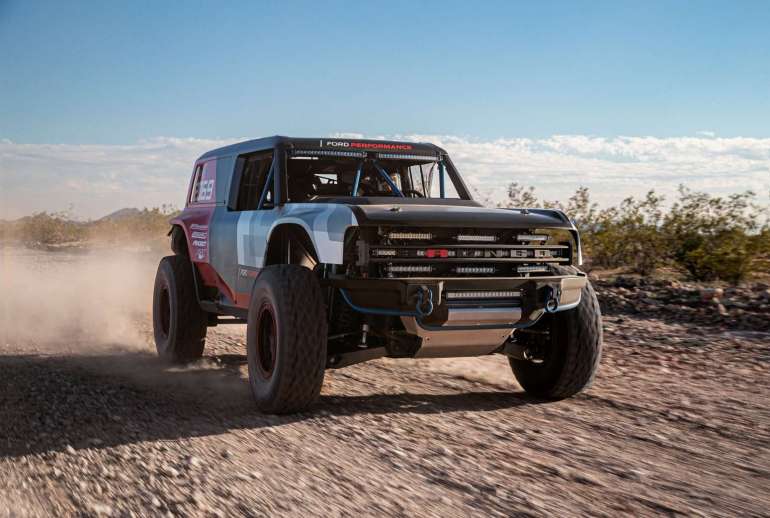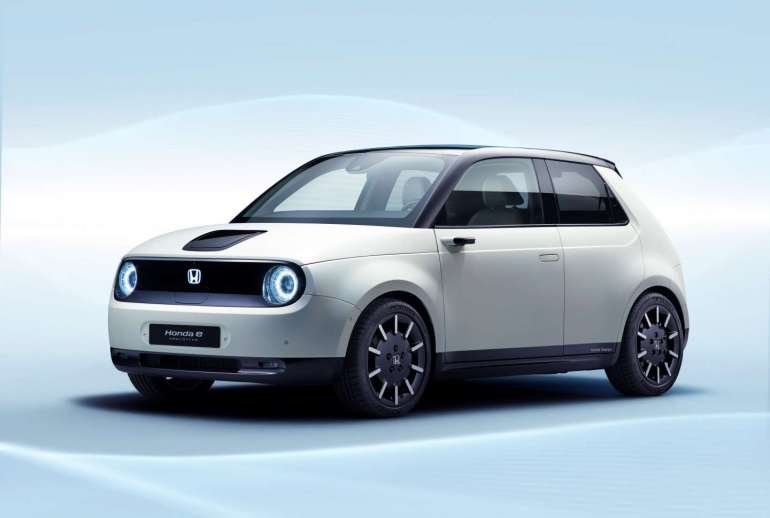Cruise Origin is a different type of electric car. For starters, it doesn’t have a conventional driver’s seat and steering wheel. Also, Cruise Origin is an autonomous vehicle. But what makes it really different is you don’t actually buy the Cruise Origin. Instead, Origin will ply the nearest city junction as a ride-hailing service.
Cruise partnered with General Motors and Honda to create the Origin
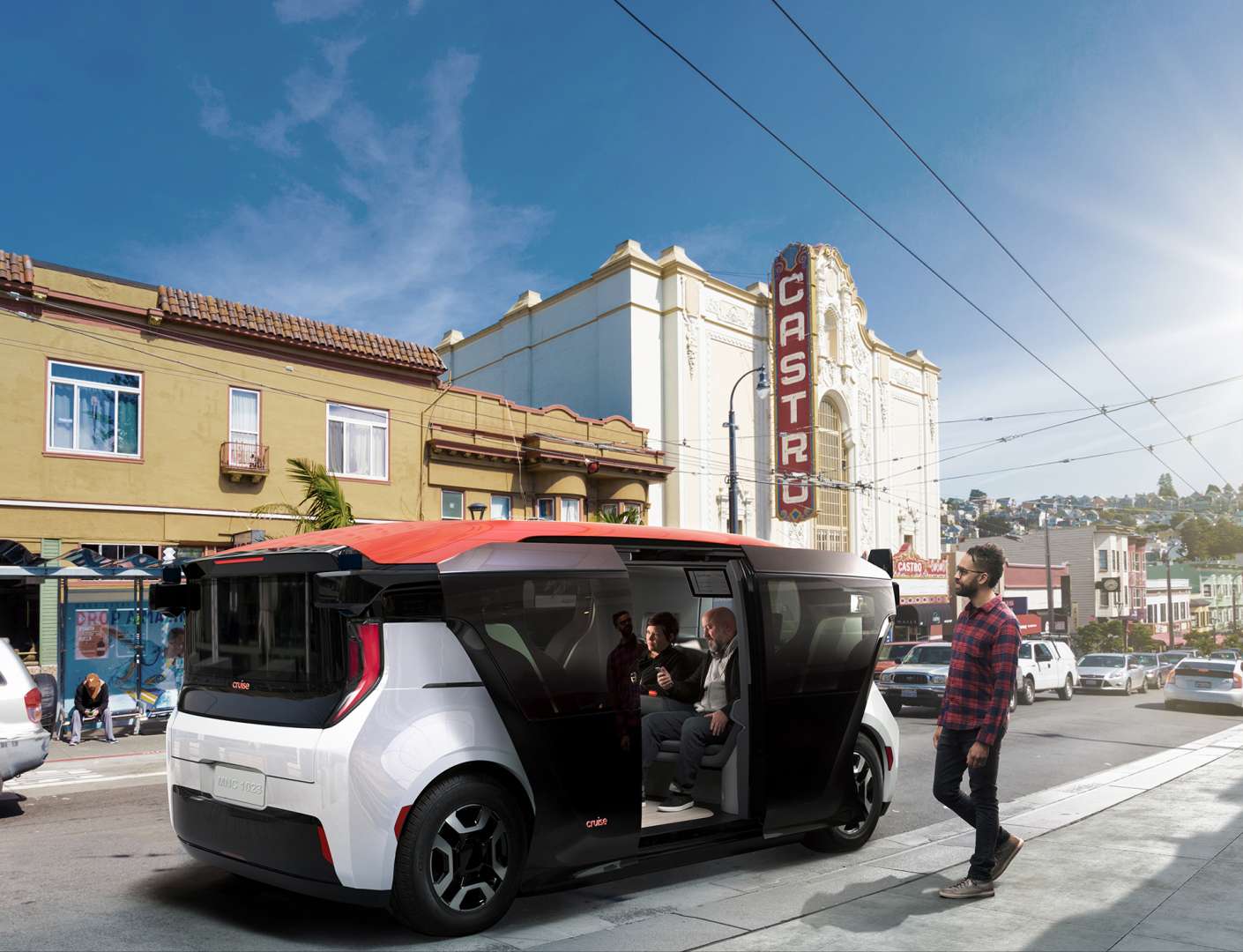
Origin is not a typical car with a three-box design. It’s more of a like a pod with the same girth and wiggle room as a midsize SUV. “Over the last five decades, we’ve achieved unprecedented technological advancement in everything from computers to medicine,” said Dan Amman, CEO of Cruise in his blog post. “But the automobile? It looks pretty much the same.”
“At Cruise, with our deep partnerships with GM and Honda, we have roots in the automotive industry. But we didn’t just to improve on the car,” added Amman. “We wanted to reimagine transportation as if the car had never existed.”
The gist is to create an entirely new different transportation system, and it seems General Motors and Honda are sharing the same vision as Cruise – and all three companies believe Origin is the answer to our future transportation needs.
What is Cruise Origin?
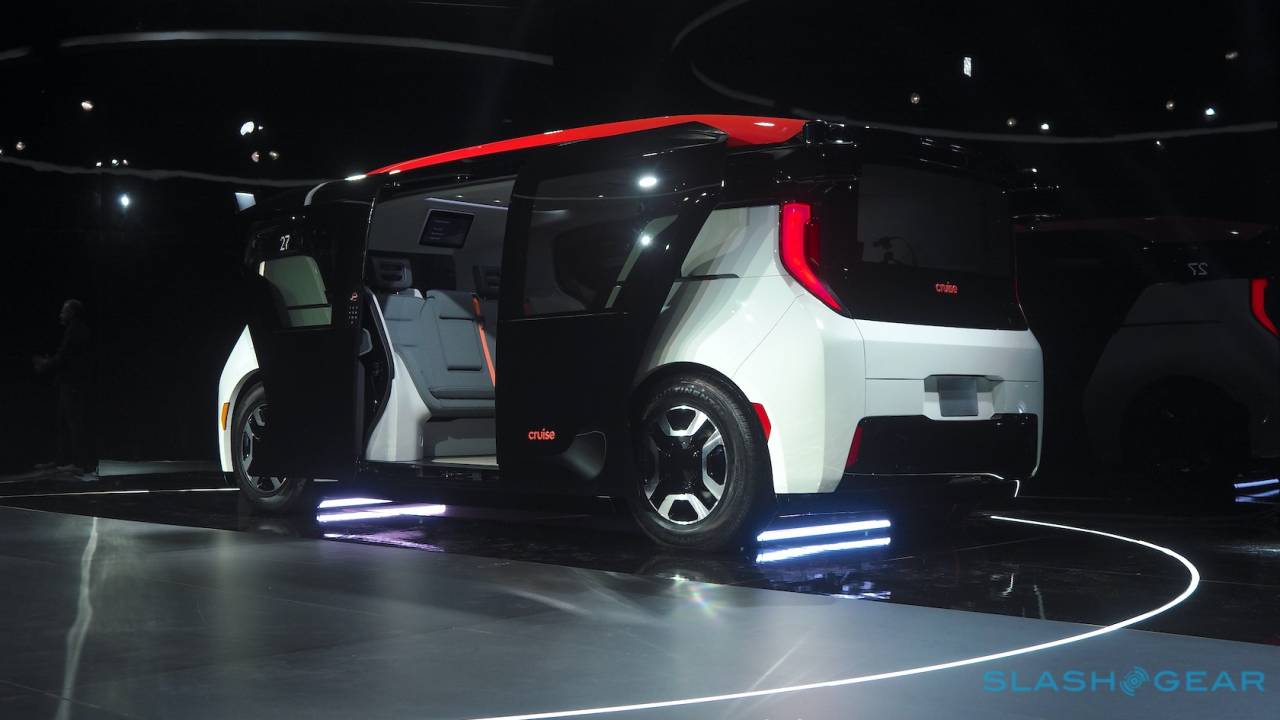
We’ll break it down to the basics. Origin is an autonomous vehicle destined for ride-hailing applications. With that in mind, you don’t need to buy the Origin – you subscribe to the service using a smartphone app. The vehicle itself is owned by Cruise, but you can summon or schedule the Origin pod 24/7 using the Cruise App.
According to Cruise, using this type of service allows consumers to save up to $5,000 per year compared to owning a car or using conventional ride-hailing services like Uber and Lyft. Prototype versions of Origin have been plying the streets of San Francisco for a couple of years now, and the vehicles have racked up more than a million miles over the past year alone.
“Origin is self-driven. It’s all-electric. It’s shared. And it’s our answer to the question about what transportation system you’d build if you could start from scratch,” added Amman.
Driver not included
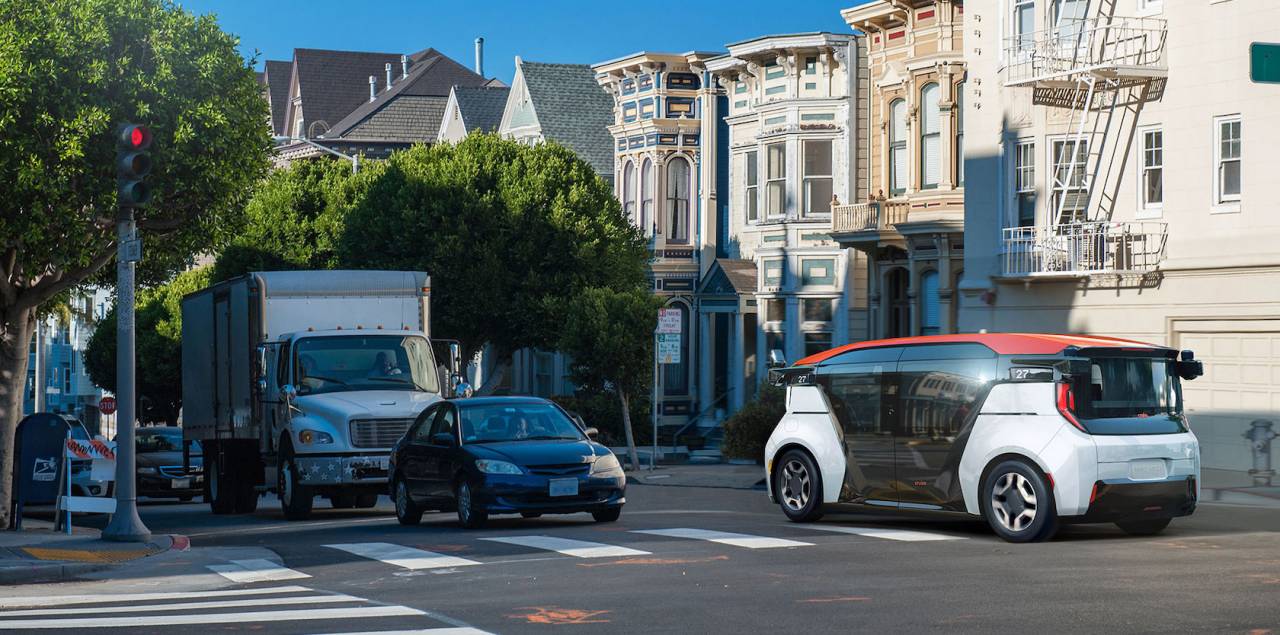
As you probably know by now, Cruise Origin is a fully-autonomous vehicle. By getting rid of a tired, distracted, or cranky human driver, Origin is touted to be a safer alternative to a conventional human-driven car. “When human beings drive, we rely on our eyes and ears. But with 20/20 vision and perfect hearing, we can only look in one direction, and we can only see and hear so much,” added Amman.
With that in mind, Cruise Origin is equipped with a suite of multi-layered sensors to keep track of the surrounding environment – it’s those things standing on the upper front corners of the vehicle. Those sensors are developed and built in-house by Cruise. Each sensor can rotate to monitor for obstacles while having the ability to see in total darkness. In fact, the vehicle is literally festooned with an array of sensor networks.
Origin offers spacious accommodations
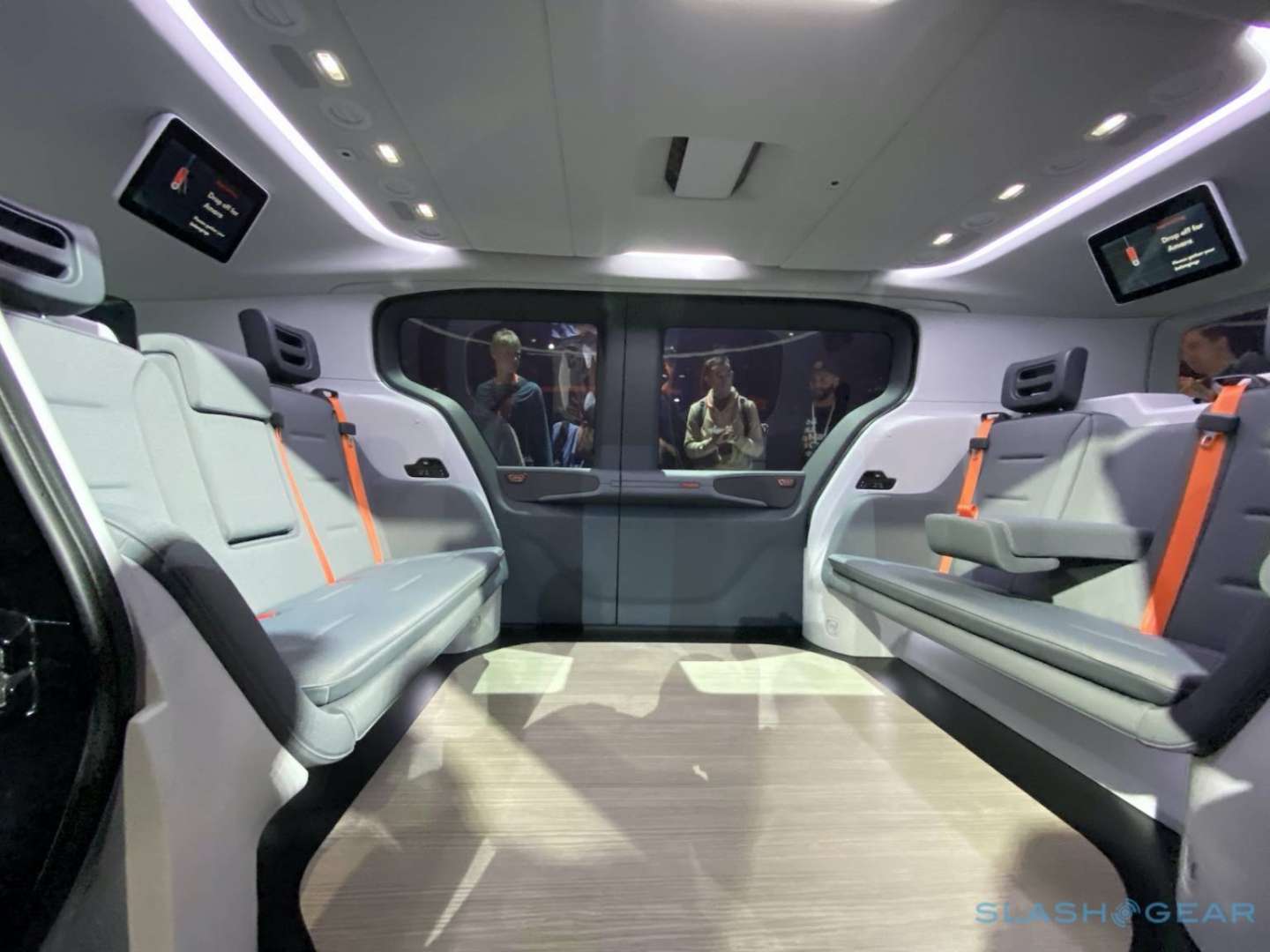
Without needing a driver and a bulky internal combustion motor, the Origin’s interior can be configured for maximum roominess and comfort. The vehicle has a pair of bench seats facing each other with tons of legroom between both seats.
The Origin also has wide-opening sliding doors while each seat receives a host of charging ports. There are two display screens hanging from the roof to show pick-up schedules and status messages. The Origin is essentially a small minivan offering tons of wiggle room.
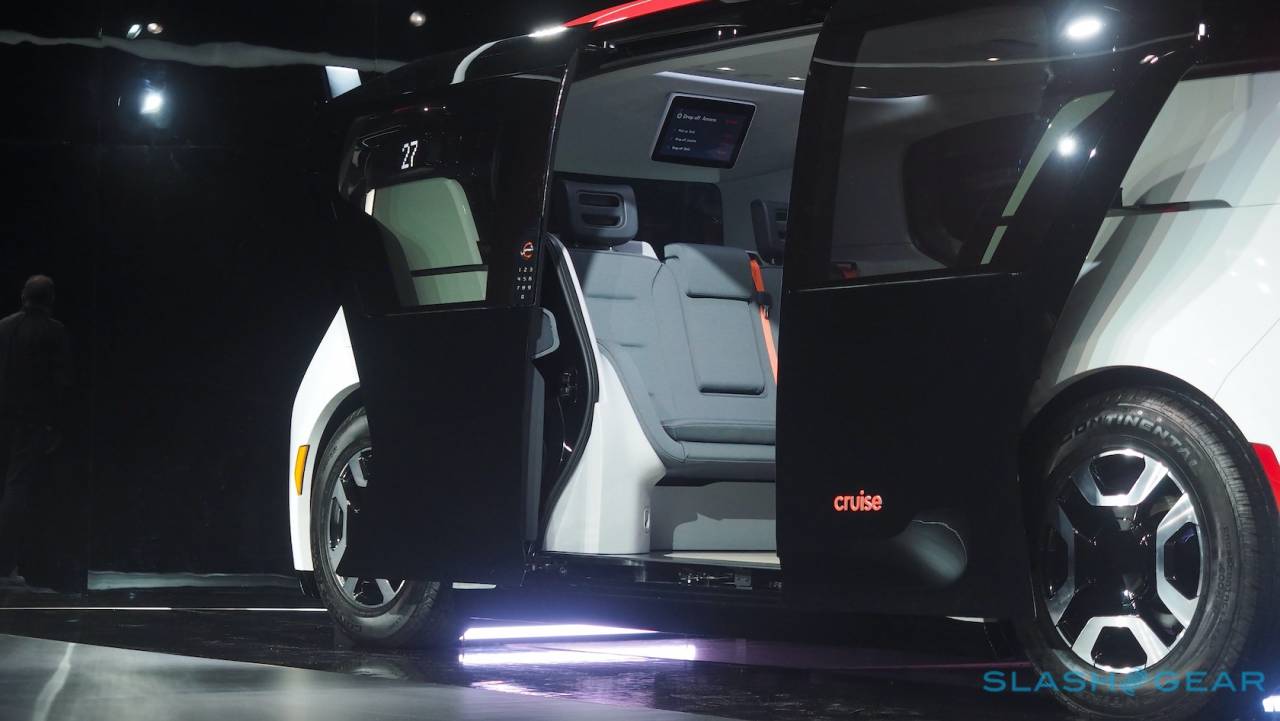
The vehicle is powered by a pair of electric motors powered by a large battery pack underneath the floor. Other than that, the Cruise Origin is as simple as it gets. According to Cruise, the simple and modular construction of Origin makes it easy and cost-effective to repair. Each Origin is engineered to last up to a million miles of driving
Is Cruise Origin the end of traditional ride-hailing services as we know it? It’s hard to say. but it all depends on a variety of factors like cos t of the service, vehicle range, and the charging infrastructure. But from an environmental and economic standpoint, Origin makes a lot of sense in the modern world.

